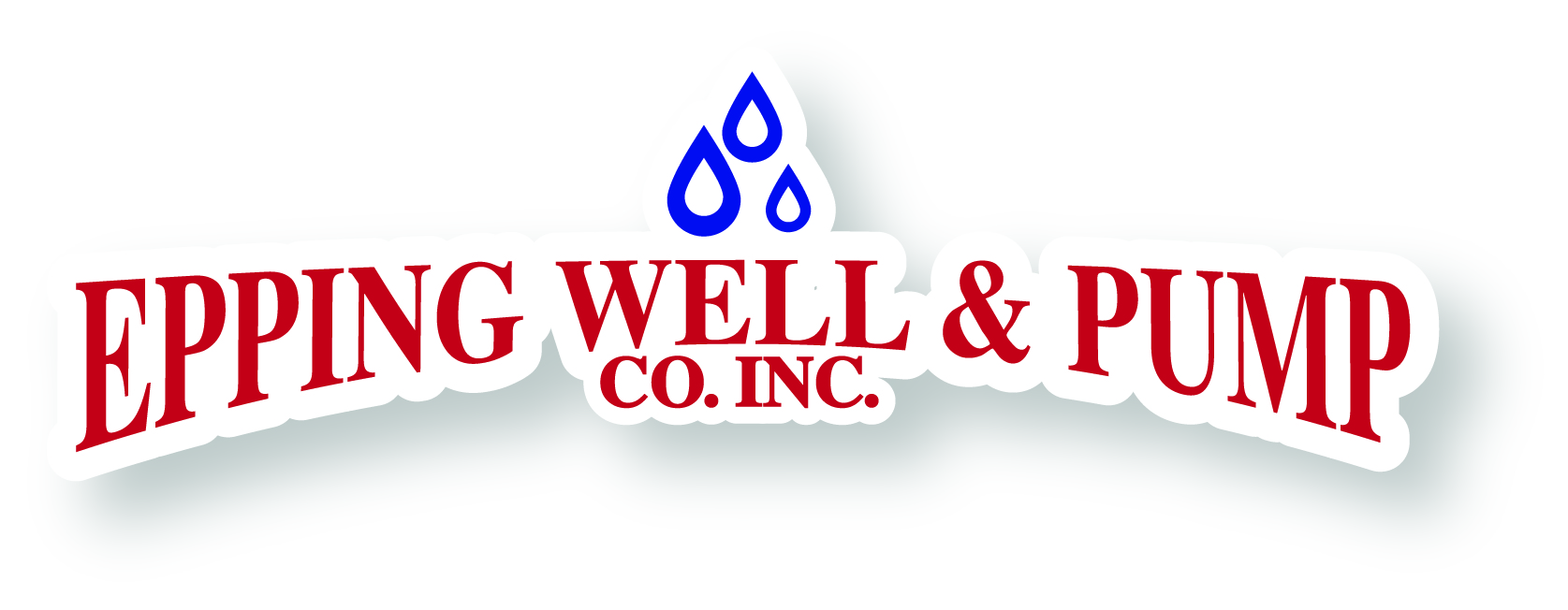Public Water Systems Operators

We monitor and maintain the equipment and control the processes that treat water to make it safe for public consumption at places like local campgrounds and condominium associations.
As Certified Operator we offer the following Services:
- Sample Collection and Analysis
- Compliance Reports
- Electronic Data Reporting
- Chemical Monitoring Waiver Applications
- Consumer Confidence Reports
- Water Treatment Preventative Maintenance
- Treatment Consultation/Pump House Inspections
- NHDES Sanitary Surveys
- Asset Management Programs
- Water System Flushing & Valve Exercising
- Water system disinfection
- Daily correspondence with NHDES staff
Monitoring
Sampling schedules, sampling locations and violation notification requirements for public water systems.
Public water systems are responsible for conducting monitoring of drinking water to ensure that it meets all drinking water standards as determined by its monitoring schedule. Primary drinking water standards protect public health by limiting the levels of contaminants in drinking water. Secondary drinking water standards protect public health by limiting the color, taste, odor and visual appearance of the drinking water that may cause consumers not to drink or use the water, even when it is actually safe to drink.
The NHDES Drinking Water and Groundwater Bureau (DWGB) provides guidance to water systems to help them stay in compliance with sampling and documentation requirements.
Master Sampling Schedules and Sampling Forms
The frequency of monitoring is often dependent on the contaminant and the population served by the public water system. The DWGB creates a master sampling schedule for each public water system that contains links to all sampling forms for the water system. Many of the fields are pre-populated with the information we have in our database to ensure the correct information is submitted with the results. You can find your Master Sampling Schedule and associated forms on NHDES OneStop.
If you are an owner, operator or primary contact with an email address in our database, you will receive an email notification in the middle of your scheduled sampling period as a reminder to collect your samples.
Monitoring | NH Department of Environmental Services
Public Notice After a Violation Occurs
Public Notification provides a mechanism for public water systems to keep their customers informed of drinking water violations or situations that may affect public health and is required by both federal and state regulations. The DWGB provides templates to assist water systems in meeting your public notice requirements.
The Notice of Violation (NOV) directs you to the correct template and contains the information needed to complete the public notice. Please carefully read the instructions accompanying each template.
If you have any questions, please refer to your NOV for contact information. NHDES provides public notice templates.
Lead and Copper
NHDES may require that a water system undertake corrosion control activities if lead and/or copper are found at specific levels. Lead and copper are metals commonly used in household plumbing. The lead and copper rule requires community and non-transient, non-community water systems to conduct tests to determine if lead and copper are present in high levels at the consumer’s tap. The action levels are 0.015 milligrams per liter (mg/L) for lead and 1.3 mg/L for copper. NHDES provides sampling instructions for your convenience. In addition, your water system can follow this notification letter template to advise your consumers of their lead results.
Level 1/Level 2 Bacteria Assessments
NHDES may require that a water system perform an assessment to evaluate the water system and address any sanitary defects. The assessments must be performed, and the report submitted to NHDES, within 30 days. Sanitary defects must be corrected within 30 days, or the assessment report must include a proposed schedule to correct deficiencies that require a longer time period.
“Buxton Water has been working with Epping Well for many years. We have found them to be professional and knowledgeable. Thanks Epping Well & Pump company.”
– D. Buxton
